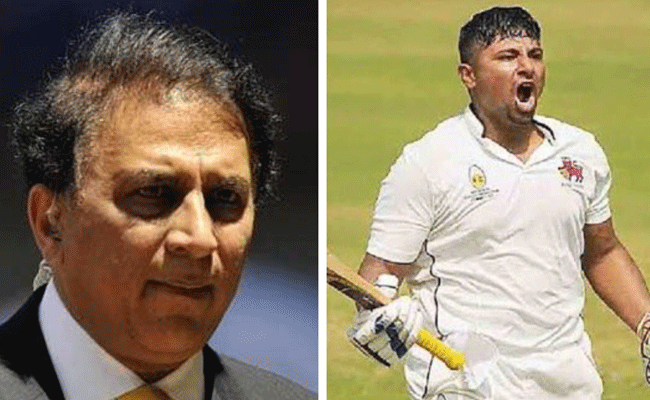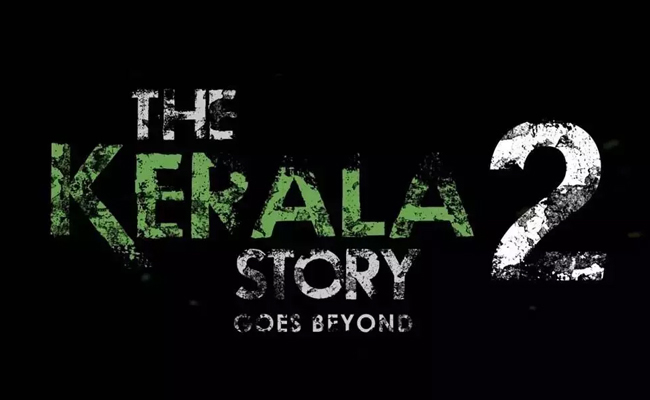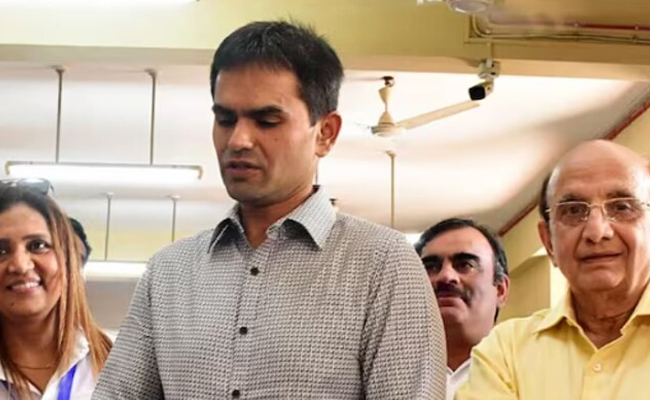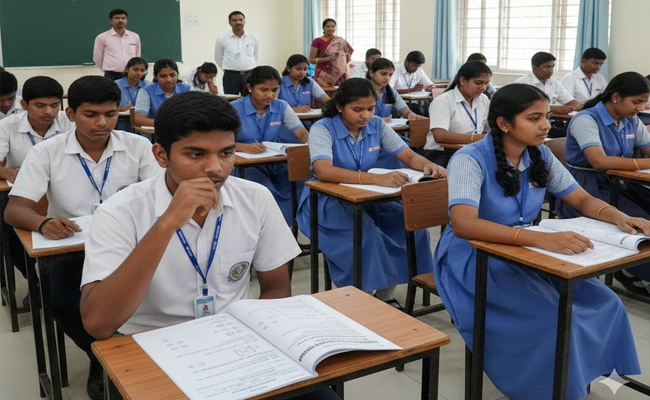Mumbai: Former India cricket captain Sunil Gavaskar slammed the All India Selection Committee for ignoring batsman Sarfaraz Khan, who is going through a purple patch in domestic cricket.
Gavaskar stressed that the selectors should pick cricketers on the basis of their form with the bat or bowl rather than physical shape and size. He also said that if selectors wanted to select only slim and trim guys, they should go to a fashion show, reports India Today.
Sarfaraz Khan, who scored an overwhelming 2441 runs in the last three seasons, has not yet found a place in the Test team. Several current and former cricketers expressed their displeasure that he was not selected for the four-test series against Australia.
Khan’s physical fitness is said to be the reason for his not being selected so far, while the batsman said that he has always worked hard at keeping himself fit and would continue to do so.
"He is not staying off the field when he is scoring hundreds, he is back on the field again. All that tells you that the man is fit for cricket. If you are looking for only slim and trim guys, then you might as well go to a fashion show and pick some models and then give them a bat and ball in their hand and then include them. You have cricketers in all shapes and sizes. Don't go by the size, but go by the runs and the wickets," Gavaskar said.
"At the end of the day, if you are unfit, you are not going to score hundreds. So cricket fitness is most important. I don't have a problem with you wanting to do the Yo-Yo test or whatever it is, but the Yo-Yo test cannot be the only criterion. You got to make sure that the man is fit for cricket as well. And if the person, whoever it is, is fit for cricket, then I don't think it should really matter," Sunil Gavaskar added.
Let the Truth be known. If you read VB and like VB, please be a VB Supporter and Help us deliver the Truth to one and all.
Kochi (PTI): The tickets booked during the day for 'The Kerala Story 2-Goes Beyond' were being refunded and the film has not been released, the lawyers for the petitioners who opposed the movie's screening said on Friday.
Advocate Maitreyi Sachidananda Hegde, who represents one of the petitioners -- Sreedev Namboodiri -- told PTI in the afternoon that she will not be moving a contempt plea against the film's producer as the movie has not been released and the ticket sales were being refunded.
Hegde, in the morning, mentioned before Justice Bechu Kurian Thomas that despite a stay on the release of the film, ticket bookings for the film were going on.
She mentioned it before the single judge even as the matter of the release of the movie was before a division bench which had reserved order regarding it on Thursday after a late night hearing.
She also told Justice Thomas that she will verify whether the film was being screened in theatres during the day and accordingly, will file a contempt plea.
In the afternoon, Hegde said that on verification she found that "the film has not been released and the ticket amounts were being refunded".
"So, I will not be moving a contempt petition," she said.
Justice Thomas on Thursday stayed release of the film for 15 days saying that prima facie there was a manifest non-application of mind to the requirement of law by the censor board, CBFC.
The judge also said that "the possibility of communal disharmony or denigration of a community also being prima facie involved in the movie", its release without scrutiny by the higher authorities would be legally improper.
The court had further said that the content of the film's teaser has "a prima facie potential to distort public perception and disturb communal harmony".
Later in the night, the producer -- Vipul Amrutlal Shah -- moved an appeal before a division bench of justices Sushrut Arvind Dharmadhikari and P V Balakrishnan which reserved order in the matter after hearing extensive arguments from all stakeholders. However, the bench did not issue any interim direction staying the single judge's decision.





